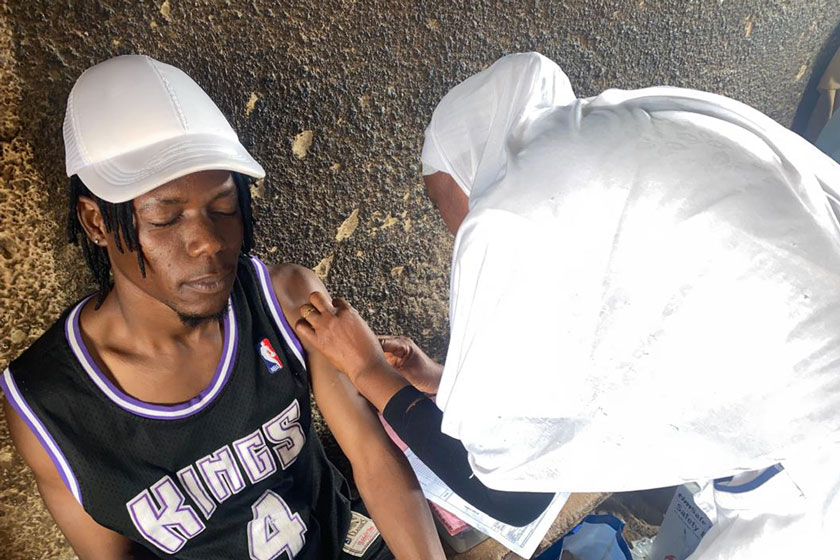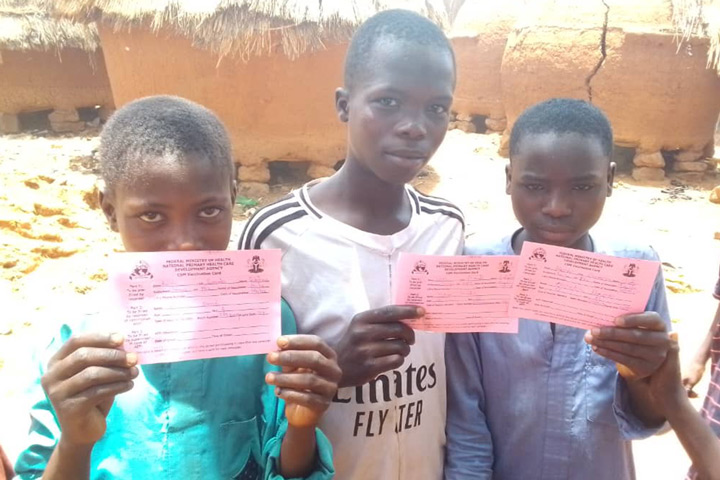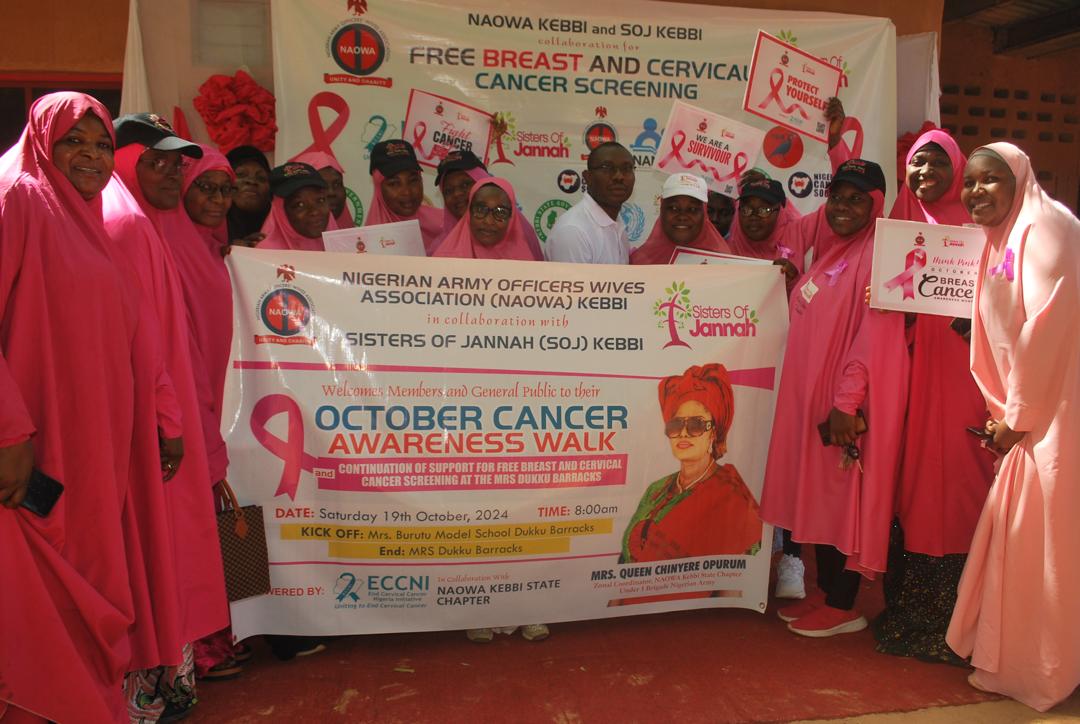“My world became smaller”: How COVID-19 vaccines are fighting stigmatisation in Nigeria
Forced to suffer in silence after contracting COVID-19, the arrival of vaccines is helping many Nigerians with a history of the virus overcome stigma and get their lives back on track.
- 25 June 2021
- 4 min read
- by Eric Dumo
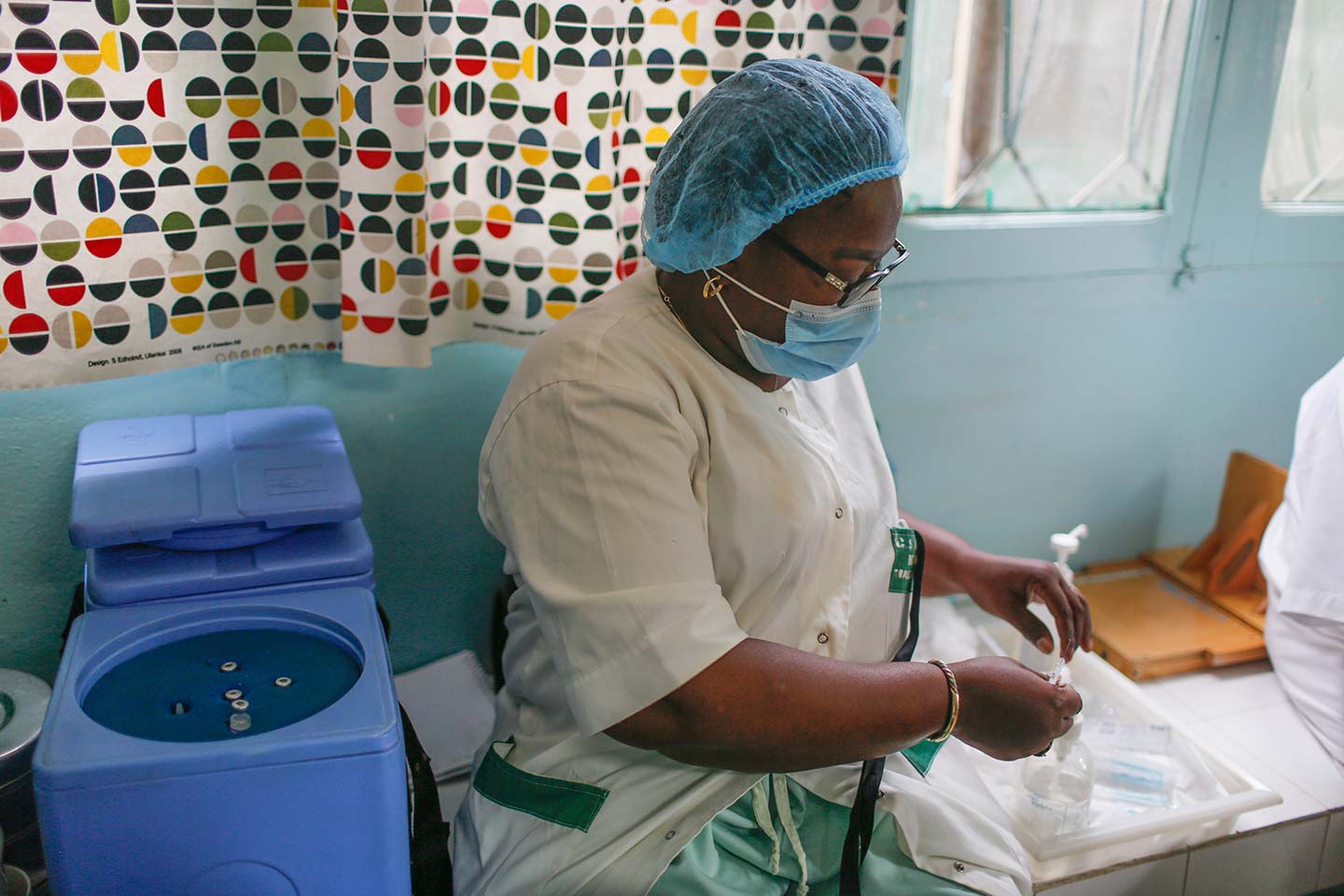
Lucy Okechukwu is the complete opposite of the woman she was in June 2020. A year ago, a positive COVID-19 test result not only drew a cloud of darkness over her world but also forced Lucy to go into a self-imposed lockdown, even after the disease subsided. The fear of being ridiculed by neighbours and others within her community for contracting the deadly virus gradually ate away at her.
“In order not to call the attention of neighbours or raise suspicion, I called the doctor to inform him that I would meet up with the ambulance at the junction on our street,” she says. “I only informed my siblings; my neighbours did not know about my condition. I became angry, afraid, sad and depressed. I was struck with the fear of death.”
Even after making a full recovery from the virus, Okechukwu’s fear of being ridiculed by others over her infection persisted. “I was still afraid of being labelled or making people uncomfortable around me, so I kept the experience to myself,” she says.

Credits: Eric Dumo and (Lucy Ikechukwu's page) |
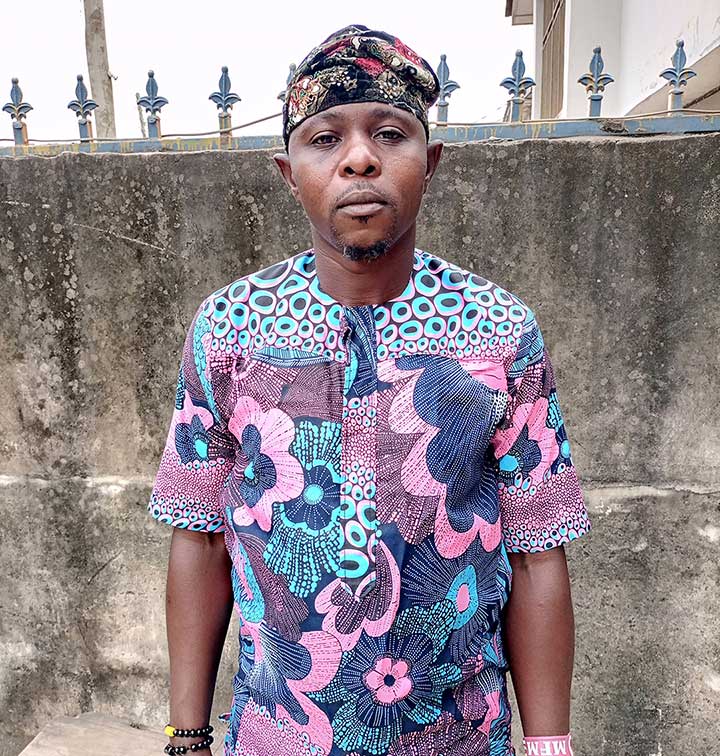
Credits: Eric Dumo and (Lucy Ikechukwu's page) |
But the arrival of COVID-19 vaccines in Nigeria has changed everything. “There is a huge feeling of relief inside me knowing that vaccines for the virus are now available and that it will be difficult to get reinfected once I take the jab,” she says, with a warm smile. “I am really excited about this and that is why I am encouraging others not to suffer in silence but to speak out once they feel any symptoms of the virus.”
Like Okechukwu, the arrival of the COVID-19 vaccine in Nigeria now means that Johnson Ayantunji, a resident of Lagos, can move freely within his neighbourhood without the worry of eyes on him. When the news that he had contracted the virus spread through his community, the 43-year-old watched his life take a different turn. Despite being declared free of the disease, the stigma never fully went away.
Have you read?
“I suffered a lot at the hands of people who knew I contracted COVID-19,” the father of three says. “Even after the government hospital where I was treated certified me free of the virus, the ridicule didn’t go away. It was very depressing. I watched my world become smaller.”
Ayantuji found his voice and confidence in April after he took the first shot of the COVID-19 vaccine, before going back for the second jab this month. The arrival of the vaccine helped him conquer stigma and the virus at the same time.
“Life is better for me now as the weight of stigmatisation has been lifted by my taking the COVID-19 vaccine. I am able to go to all the places that I was forced to abandon for fear of being avoided and ridiculed a few months ago,” he says.
Stigmatisation and victimisation has forced many COVID-19 patients to suffer in silence in Nigeria, with many paying the price with their lives. Calling for a change in the discriminating practice, Mr Samuel Tarfa, WHO Nigeria Mental Health Officer, says 'killing' stigmatisation would allow more people to embrace COVID-19 testing and treatment.
“Stigma affects the emotional or mental health of stigmatised persons. Addressing stigma is important in making communities resilient,” he says.
To further help curb discrimination of COVID-19 sufferers, the Nigerian Government has been working hard to increase the availability of the vaccine to the public.
“We have rolled out a digitised registration and immunisation data system,” says Dr Faisal Shuaib, Executive Director and CEO of Nigeria’s National Primary Health Care Development Agency. “This is the first of its kind in Nigeria. This is to help ensure efficiency and accountability in our initial rollout."

